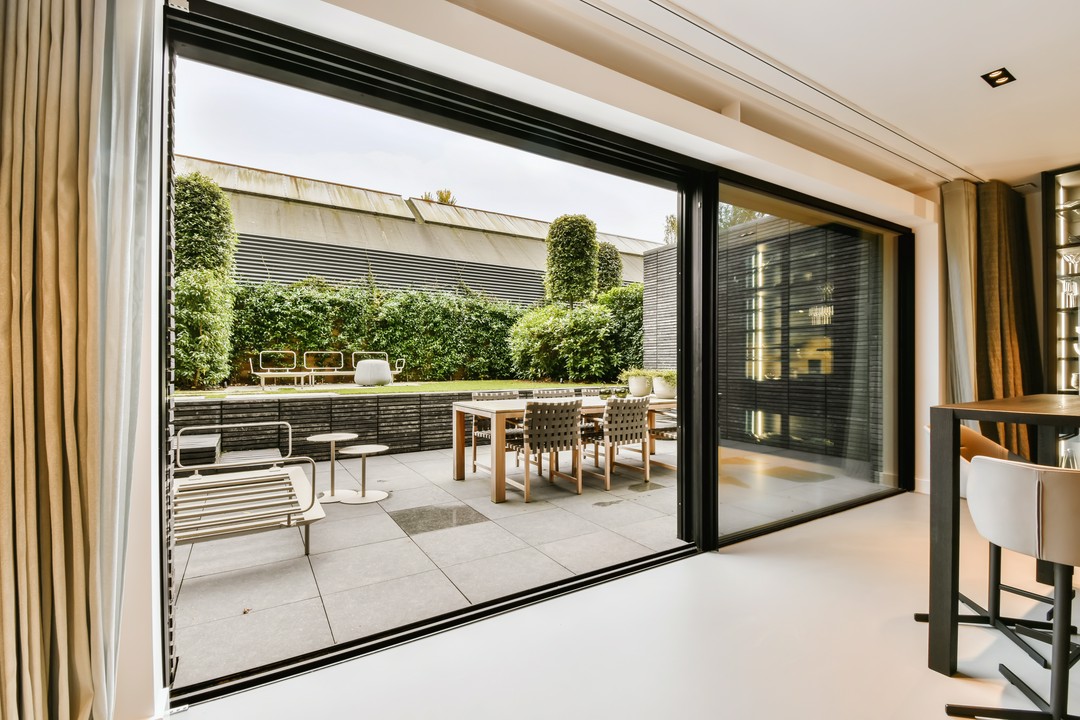
A house purchase is a big decision, as is getting a home loan. Many home financing options are available for buying a new house, including bank loan options and even those offered by private lending institutions. But how do you select the right mortgage option for you? It’s crucial to consider important things, which will be tackled in detail below before choosing a home loan:
- Mortgage Options
Dealing with a professional mortgage expert can help you understand your needs and find the best financing option that is tailor-fit for you. This way, you can enjoy the seamless application process to get you moving quickly.
You’ll find reputable mortgage lenders offering different mortgage options to help you buy a new home or refinance an existing mortgage at competitive rates.
For investors, considering DSCR lenders might be a smart choice. They specialize in loans based on the property’s income potential rather than personal income. Check out a comparison of DSCR lenders in terms of speed, interest rates, and loan requirements.
Here are some mortgage options you might want to consider:
- Mortgage Options for House Purchase: Choose from the fixed rate or adjustable rate. Pay a low down payment with applicable income limits.
- Mortgage Refinancing: Choose from fixed-rate or adjustable-rate. Cash-out refinancing is available.
- First-Time Home Buyer Program: Pay a low down payment. Grants, gifts, and other approved funding sources can be used to close costs.
- Manufactured Homes: This financing option is available for modular and double-wide homes with certain applicable restrictions.
- Construction Draw Loan: This loan usually applies to vacation one-unit homes, primary residences, and modular or stick-built homes.
- Fixed Or Variable Interest Rate
One of the mortgage myths busted is that the lowest rate always equals the best home loan. While a low-interest rate mortgage loan can help save money, it doesn’t necessarily mean it’s your best option. You might want to pay your mortgage loan faster, so you must look for an extra repayment feature.
What interest rate should you choose? Is it better to have a fixed, variable, or split interest rate? Check their differences below:
- Variable Interest Rate: A variable interest rate mortgage loan means the interest can change depending on the economic state and the bank’s official cash rate. This interest rate is lower than a fixed-rate home mortgage, and it offers more flexible features, such as extra repayments.
- Fixed Interest Rate: As the term implies, your loan repayments are fixed, which is applicable if your budget is tight. Fixed-rate mortgage loans have fewer features compared with variable-rate mortgage loans. Also, a fixed-interest rate mortgage loan has higher break cost fees, which are applicable if you want to pay off the home loan during the fixed-rate period or switch home loans.
- Split Interest Rate: Split loans enable you to fix a portion of your mortgage loan. In this way, you’ll get the flexibility of a variable interest rate and the certainty of a fixed interest rate. A split home loan generally provides access to extra features, including an offset account and a redraw facility.
- Short-Term Or Long-Term Loan Repayments
Lower loan repayments have a longer term. The standard home loan is 25 years. However, some financial lending institutions allow first-time home buyers to repay their mortgage loan for up to 30 years. Depending on your financial situation, you can choose the best term for you.
A long-term mortgage loan is highly recommended for those with a tight budget, reducing the regular payments. However, the borrower will need to pay a higher interest.
- Home Loan Fees And Other Expenses
Most mortgage loans have application fee and service fees that can cost the borrower tens of thousands over the loan’s term. Choose a mortgage loan with fewer features and without ongoing fees if you’re going to make extra repayments, the redraw facility, or an offset account.
When applying for a mortgage loan, you must consider setting a budget for other expenses. While a deposit takes a huge portion of the house purchase, it’s just a part of the overall costs. The other costs you need to save money for include the following:
- Lenders mortgage insurance (applicable if borrowing more than 80% of the house’s purchase price)
- Loan establishment fees
- Stamp duty (can be exempted if it’s your first home)
- Conveyancer fees
- Solicitor fees
- Building and pest inspections
- Moving expenses
Conclusion
The important things to consider before you select a home loan include the mortgage loans available in terms of interest rates and repayment options. Also, it’s crucial to consider other expenses to avoid surprises. Finally, the mortgage loan fees, such as application and ongoing service fees, must be checked.




 POSTED BY
POSTED BY 

